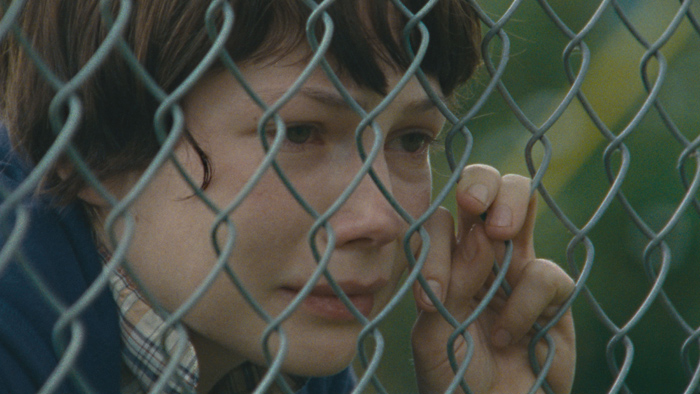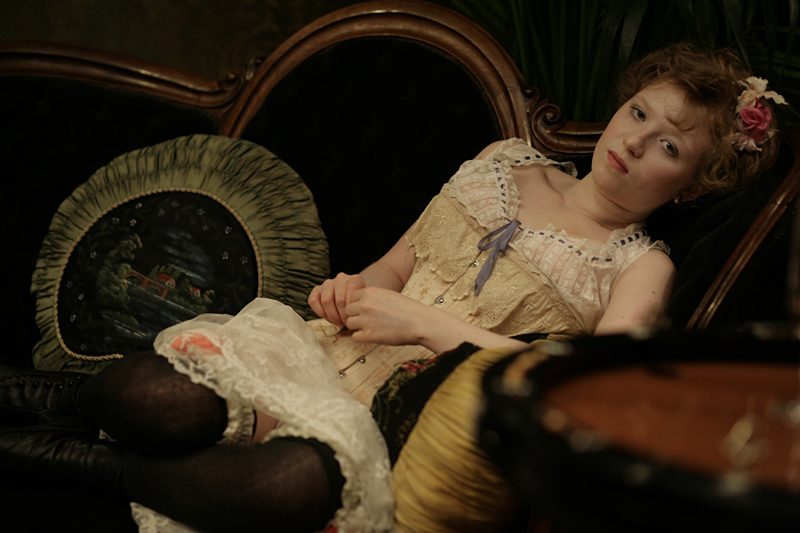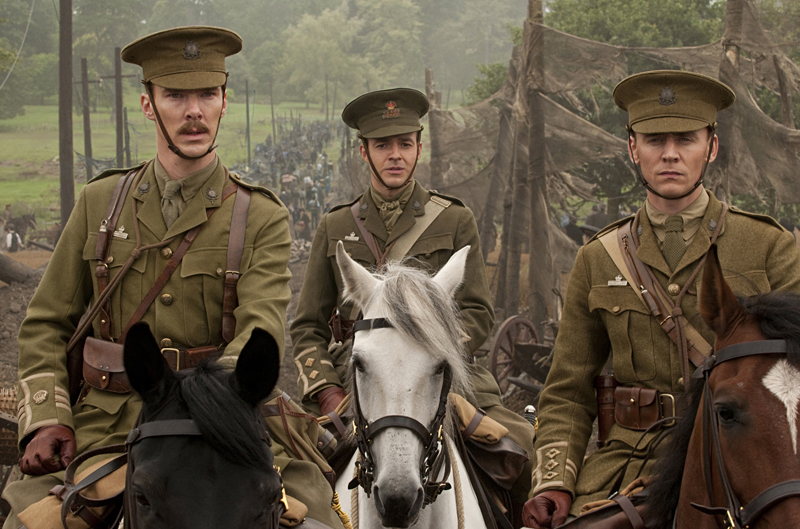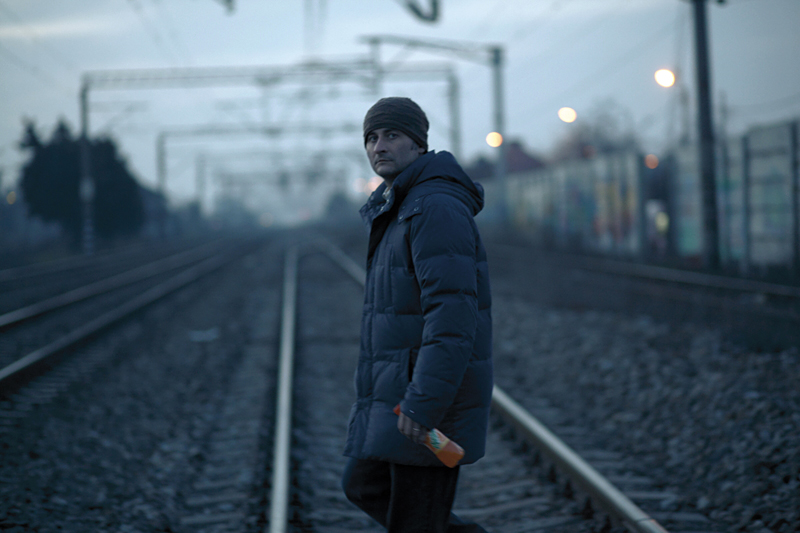Modest but cosmic, Kelly Reichardt’s Wendy and Lucy is a movie whose sad pixie heroine, Wendy (Michelle Williams), already skating on thin ice, stumbles and, without a single support to brace herself, slides into America’s lower depths. Introduced calling for her dog, Lucy, Wendy loses first her liberty (briefly), then Lucy (again), and finally her car in the course of a dead-end road trip from deepest Indiana to the Alaskan frontier. Wendy does encounter a few locals, notably a pitiless garage mechanic (Will Patton) and a sympathetic security guard (Walter Dalton), who charitably allows her to use his cell phone as her contact with the dog pound. But, save for Lucy, Wendy is alone; the movie is essentially a solo turn. Trembling throughout on the verge of a tearful breakdown, but far too dignified to allow her character to choke up, Williams delivers a sensationally nuanced performance that, were it not so resolutely undramatic, would constitute an aria of stoic misery. Spare, actor-driven, socially aware, and open-ended, Wendy and Lucy has obvious affinities to Italian neorealism. Reichardt has choreographed one of the most stripped-down existential quests since Vittorio De Sica sent his unemployed worker wandering through the streets of Rome searching for his purloined bicycle, and as heartbreaking a dog story as De Sica’s Umberto D. But Wendy and Lucy is also the most melancholy of American sagas.
PICK Wendy and Lucy: Michelle Williams Stars in One of Last Years Best Reviewed Films








